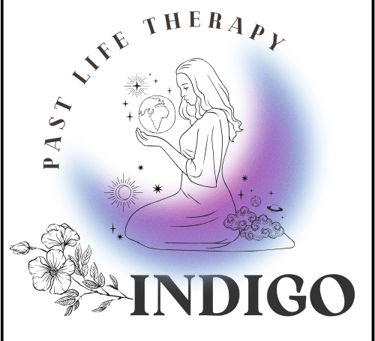
Beyond Healing: The Transformative Power of Therapy for Personal Growth and Fulfillment
Highlighting the diverse benefits of therapy beyond addressing mental health issues, emphasizing its role in fostering personal growth, improving communication skills, and providing support for individuals navigating life's challenges.
Dominika Hlouskova
Therapy is often associated with addressing mental health challenges, but its benefits extend far beyond the realm of mental illness. Engaging in therapy can be a valuable and enriching experience for anyone, regardless of whether they are grappling with specific mental health issues. Here's a look at how therapy can provide support, guidance, and personal growth for individuals without mental health concerns.
Therapy serves as a space for self-reflection and introspection, offering individuals the opportunity to explore their thoughts, feelings, and behaviors in a confidential and non-judgmental environment. This introspective process can lead to a deeper understanding of oneself, paving the way for personal development and enhanced self-awareness.
One of the key advantages of therapy is the chance to develop effective communication and interpersonal skills. Whether in personal relationships, at work, or within social circles, improved communication can foster healthier connections and contribute to overall well-being. Therapists provide valuable insights and tools to enhance these skills, empowering individuals to navigate various aspects of their lives more effectively.
Therapy offers a platform for goal-setting and achievement, even for those without specific mental health issues. Through collaborative discussions with a therapist, individuals can clarify their values, identify aspirations, and create a roadmap for personal and professional success. This goal-oriented approach helps individuals stay focused and motivated, contributing to a more fulfilling and purposeful life.
Additionally, therapy provides a structured and supportive environment for managing life transitions. Whether facing career changes, relationship shifts, or other significant life events, therapy offers guidance and coping strategies to navigate these transitions successfully. It serves as a resource for adapting to change, fostering resilience, and maintaining emotional well-being.
Moreover, therapy serves as a preventive measure for potential mental health challenges. Regular sessions can help individuals build coping mechanisms, stress management skills, and emotional resilience, creating a foundation for long-term mental well-being. Proactively addressing concerns before they escalate can contribute to a more balanced and fulfilling life.
Therapy isn't exclusively about problem-solving; it's also about personal growth and self-discovery. Engaging in therapy without a specific mental health diagnosis allows individuals to explore their potential, values, and passions. This journey of self-discovery can lead to increased life satisfaction, a deeper sense of purpose, and a more profound connection with oneself and others.
In conclusion, therapy is a versatile tool that can benefit anyone, not just those dealing with mental health issues. It provides a safe and supportive space for self-exploration, improved communication, goal-setting, and personal growth. Whether seeking preventive measures, navigating life transitions, or simply aiming for a more fulfilling life, therapy offers valuable insights and skills that contribute to overall well-being and a more enriched life experience.

My office
Gold Coast, Queensland Australia
Contacts
info@indigoregressiontherapy.com
0421 240 090


CERTIFIED REGRESSION THERAPIST
Dominika Hlouskova
